DIY to Runway: How Skater Culture Shaped High Fashion
BY BoringMonday
May 16, 2025
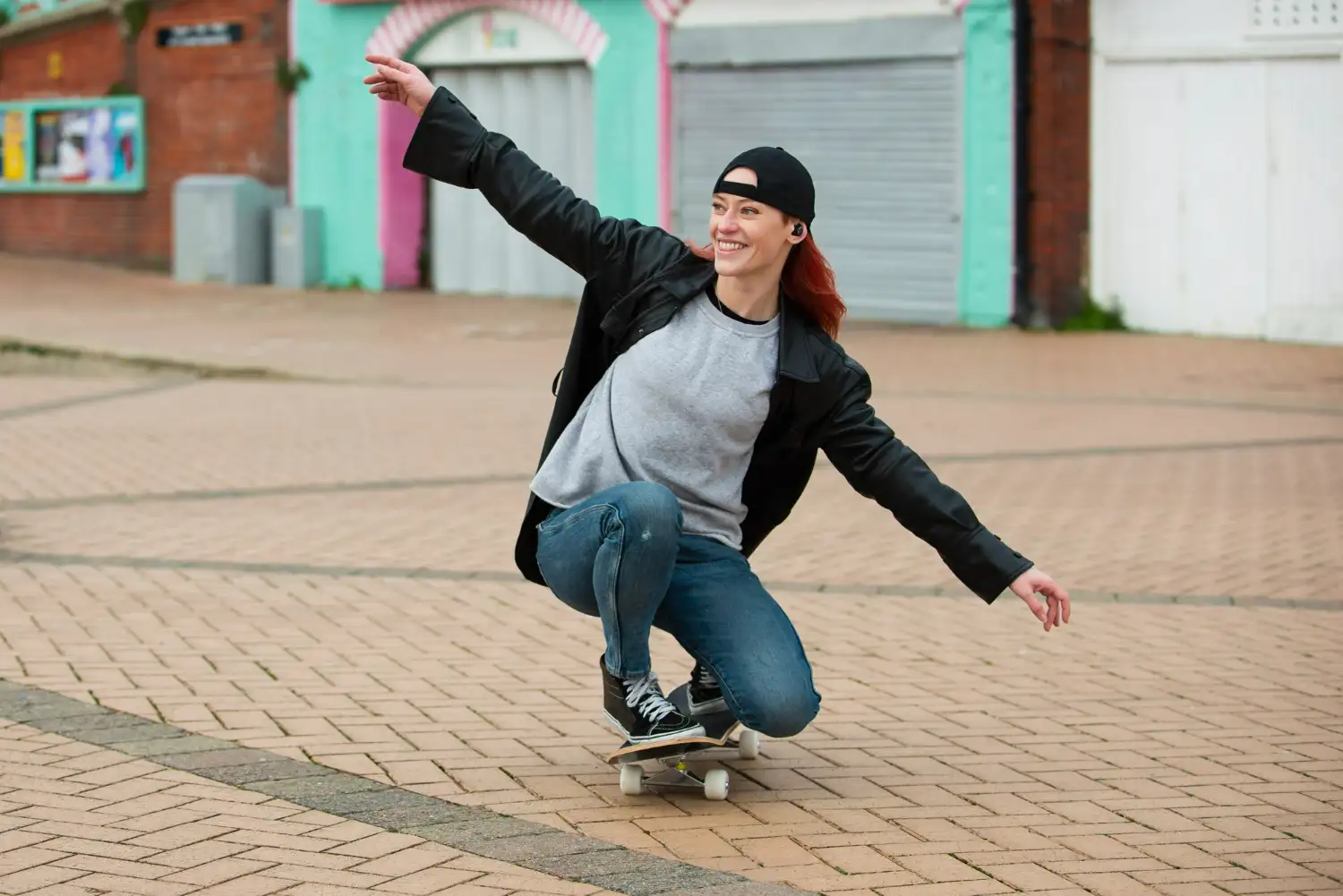
Skating never asked for fashion’s approval. It was too busy carving lines through city concrete, building ramps out of scrap wood, and filming trick tapes on fisheye lenses. But somewhere between all that motion, something stuck. Today, some of the most referenced looks in fashion trace back to the streets—where rebellion met silhouette, and identity was sewn into every scrape, stitch, and scuff.
Roots in Rebellion
Skateboarding was born on the fringes. It grew up with scraped knees, illegal spots, and a deep suspicion of anything mainstream. Naturally, its style followed suit: thrifted, oversized, passed down, and patched up. Style wasn’t curated—it was whatever survived the slam.
The attitude? Anti-polish. Anti-rules. You wore what worked. Torn tees, baggy Dickies, Vans without soles, and hoodies that had seen more concrete than classrooms. In this world, your fit wasn’t your flex. It was your armor.
From Streets to Mood Boards

90s skate style didn’t follow trends—it made them. Graphic-heavy tees. Beanies all year round. Loose silhouettes that moved like the rider did. This was function turned fashion, long before runways cared.
Shawn Stussy built his empire on surf and skate typography. Supreme started as a skate shop with a knack for blunt messaging. Jun Takahashi’s early Undercover collections took cues from subcultural grit. What was once raw became reference.
Today, creative directors pin old skate zines on their mood boards. The legacy lives in vintage blanks, military jackets, and classic cupsoles.
When Fashion Took Notice
The turning point was loud.
Louis Vuitton x Supreme in 2017 wasn’t just a collab—it was an explosion. Luxury acknowledged street. And the street didn’t blink.
From Off-White’s skate decks in storefronts to Palace x Ralph Lauren, the once-separate worlds collided. Brands didn’t just nod to skate—they absorbed it.
Suddenly, the baggy cargos you wore to skate school curbs were walking Paris Fashion Week.
Skaters as Models, Muses, Designers
Real skaters entered the frame—not just as inspiration, but as faces, hands, and voices.
Blondey McCoy turned Palace fame into an Adidas collab and his own label, Thames. Alex Olson bridged performance and fashion with Bianca Chandon. Evan Mock, pink hair and all, brought skate energy to runway campaigns.
They weren’t playing characters. They were just dressing how they always had.
The Irony of the Aesthetic
What was once stitched at home or salvaged from donation bins now runs $1200 a piece. Patches, paint stains, mismatched layering—they’ve been repackaged as “intentional.”
High fashion sells what skateboarding never tried to market. There’s beauty in that tension. But also a question: Can authenticity be sold back to the streets that invented it?
Legacy and What’s Next
Skateboarding’s influence isn’t a moment. It’s a movement. It continues to shape what’s next not just in design, but in attitude.
We’re seeing the rise of rider-owned labels, zines turned into brands, and fit pics that happen on accident. Skate doesn’t perform fashion—it lives it.
And as fashion becomes more self-aware, it keeps returning to where it started: the curb, the rail, the lot behind the grocery store.
Skate Video Aesthetics as Visual Language
The VX1000 grain. The fisheye distortions. The cuts that feel like mixtapes.
Skate videos taught a generation how to see. And now fashion borrows that eye. Lookbooks mimic skate edits. Campaigns are filmed like home videos.
The rawness, the pacing, the color grading—it’s all part of the new fashion language. One born from skate.
DIY = Luxury: When Raw Became Refined
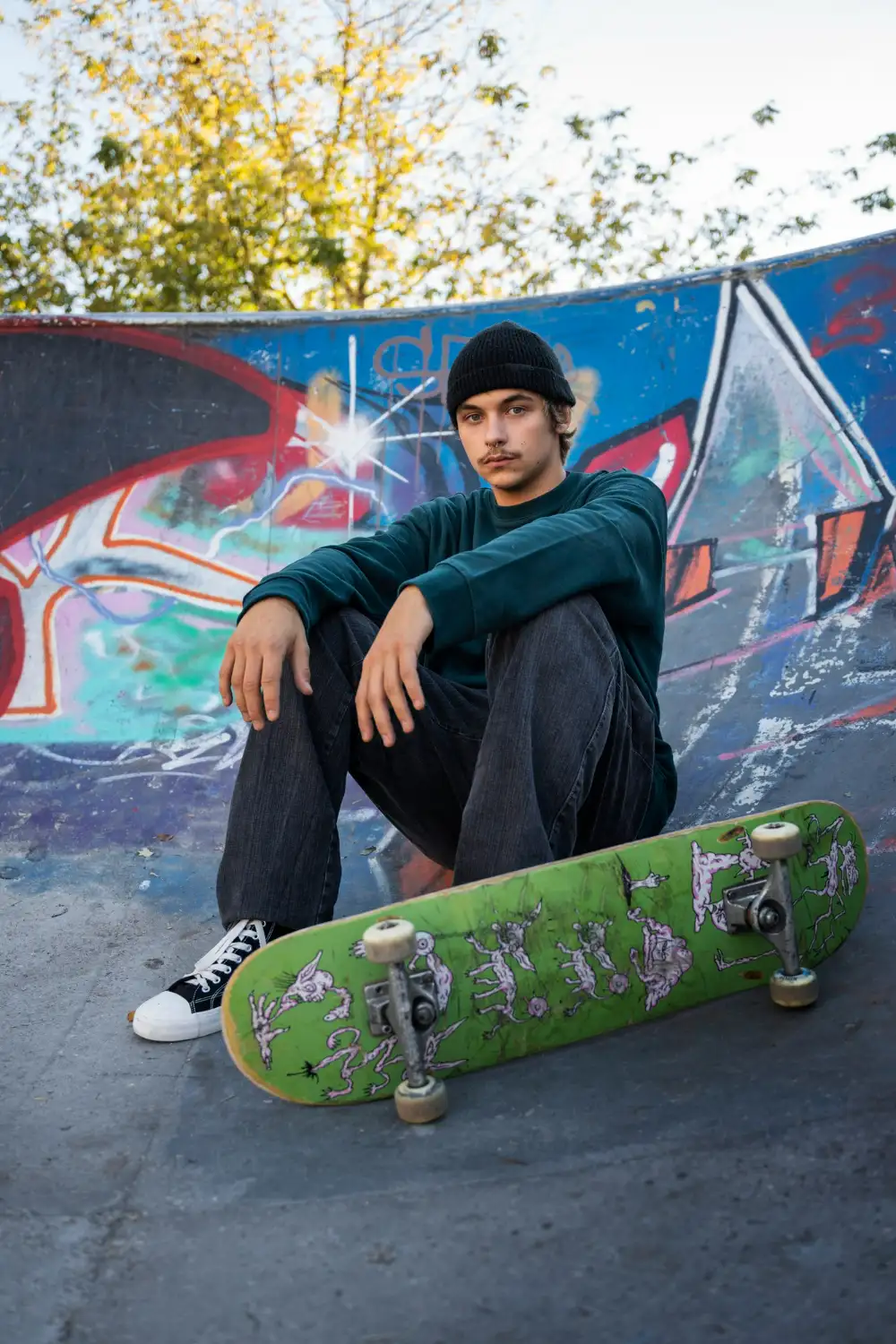
Safety pins. Duct tape. Re-sewn seams. In skate, these are fixes. In fashion, they’re features.
DIY aesthetics—once born from necessity—are now high-end statements. But skate’s DNA remains: if it holds up and looks lived-in, it fits.
That’s the paradox. The raw becomes refined. But never loses its edge.
Skate Culture’s Global Footprint
Skate style isn’t just an LA or NY thing anymore. It’s Tokyo's Tightbooth. Paris' Magenta. Jakarta’s Ankles and neighbourhood crews.
Each region wears its own dialect—rooted in city structure, climate, and local scenes. But they all share the same language: independence.
Style travels through tricks, not trends.
Voices from the Scene
“Skating taught me how to put things together—style, looks, even edits. You mess up. You rework. That’s real design.”
—Jaka R., rider and indie label founder (Jakarta)
“I’m not interested in what’s new. I’m interested in what’s worn.”
—Blondey McCoy, in an interview with GQ
Skaters don’t chase fashion. But fashion follows them.
Topics :
Style Meets Substance
Find pieces that move with you. Every article has a story — now wear one that speaks yours.

Recommendation Lifestyles
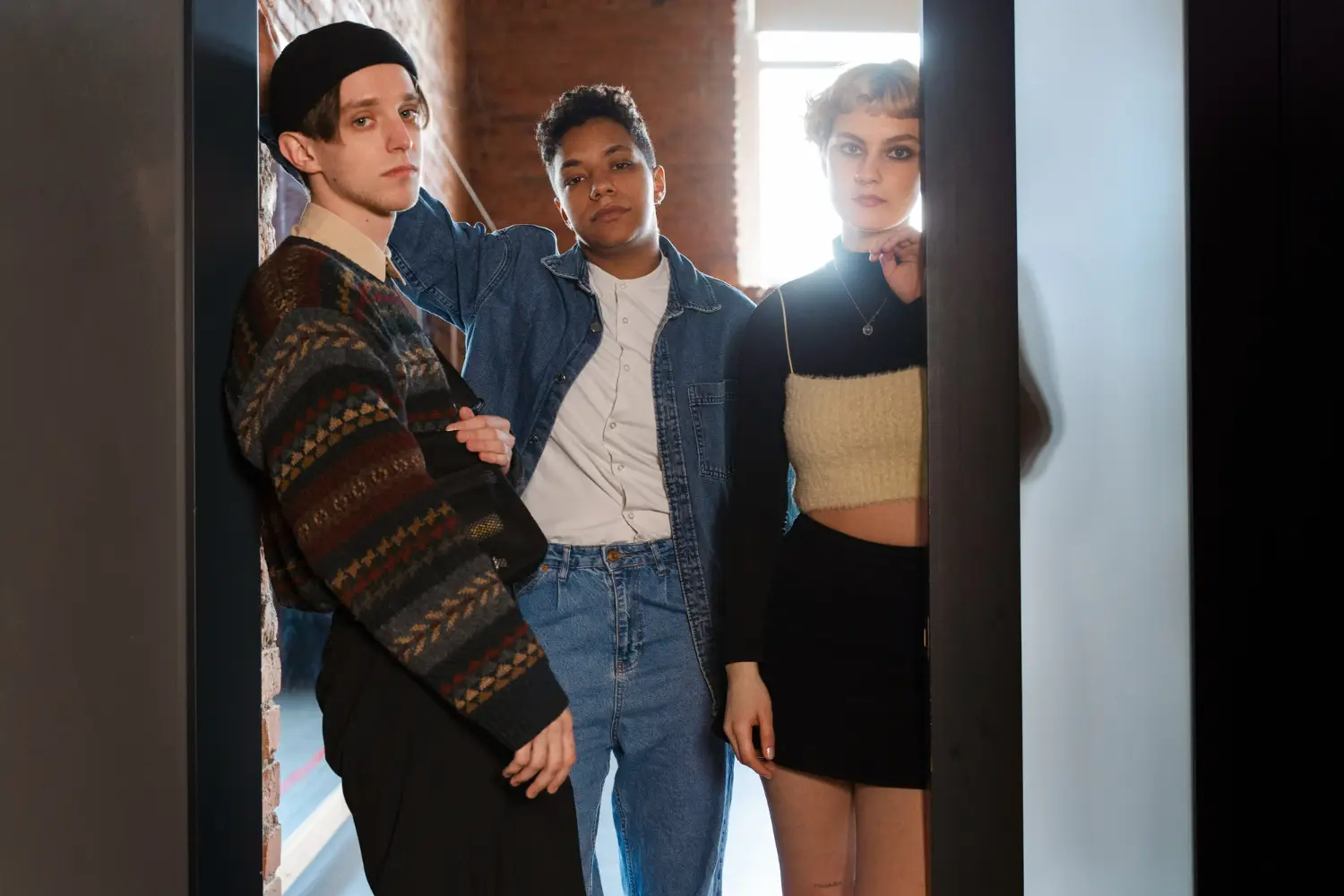
Lifestyles
Rewriting Streetwear: The Rise of Sustainable Fashion in 2025
July 15, 2025
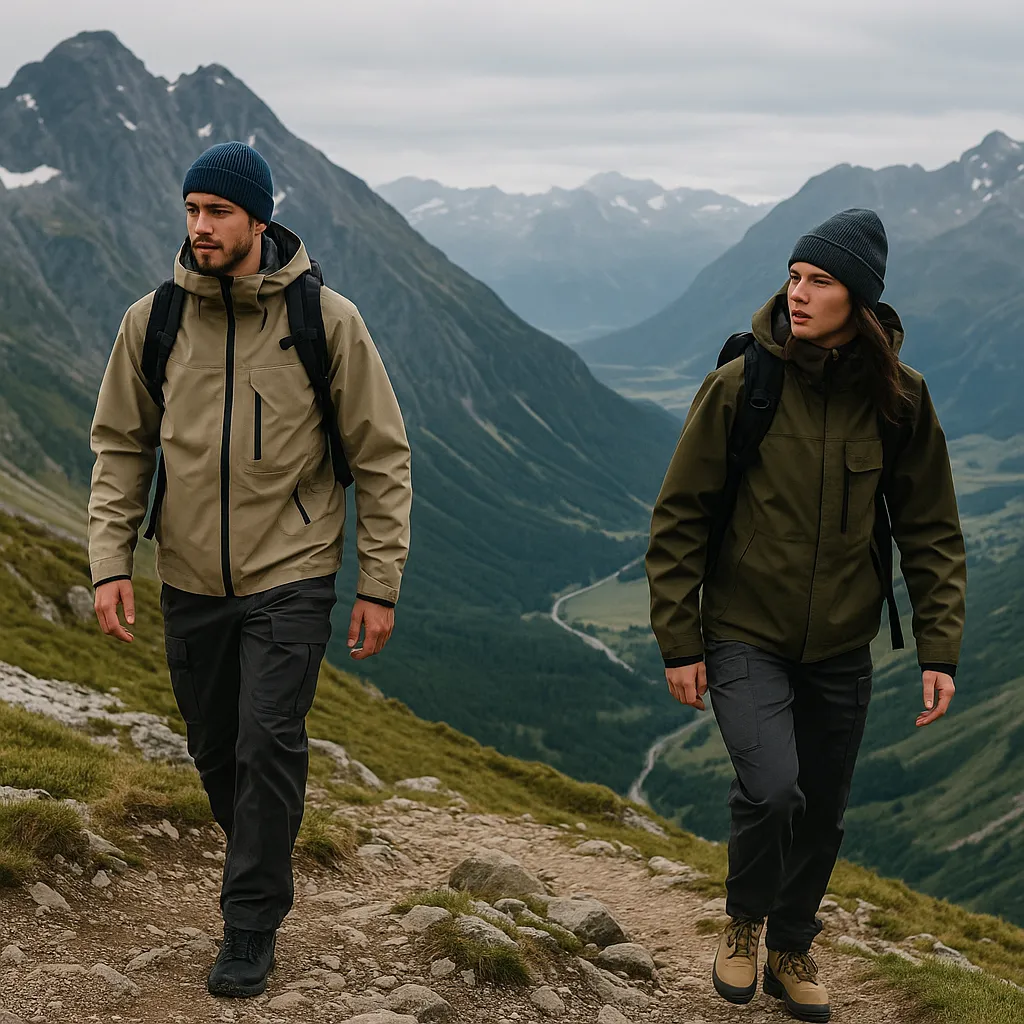
Lifestyles
What Is Gorpcore Fashion? A Streetwear Guide
July 10, 2025
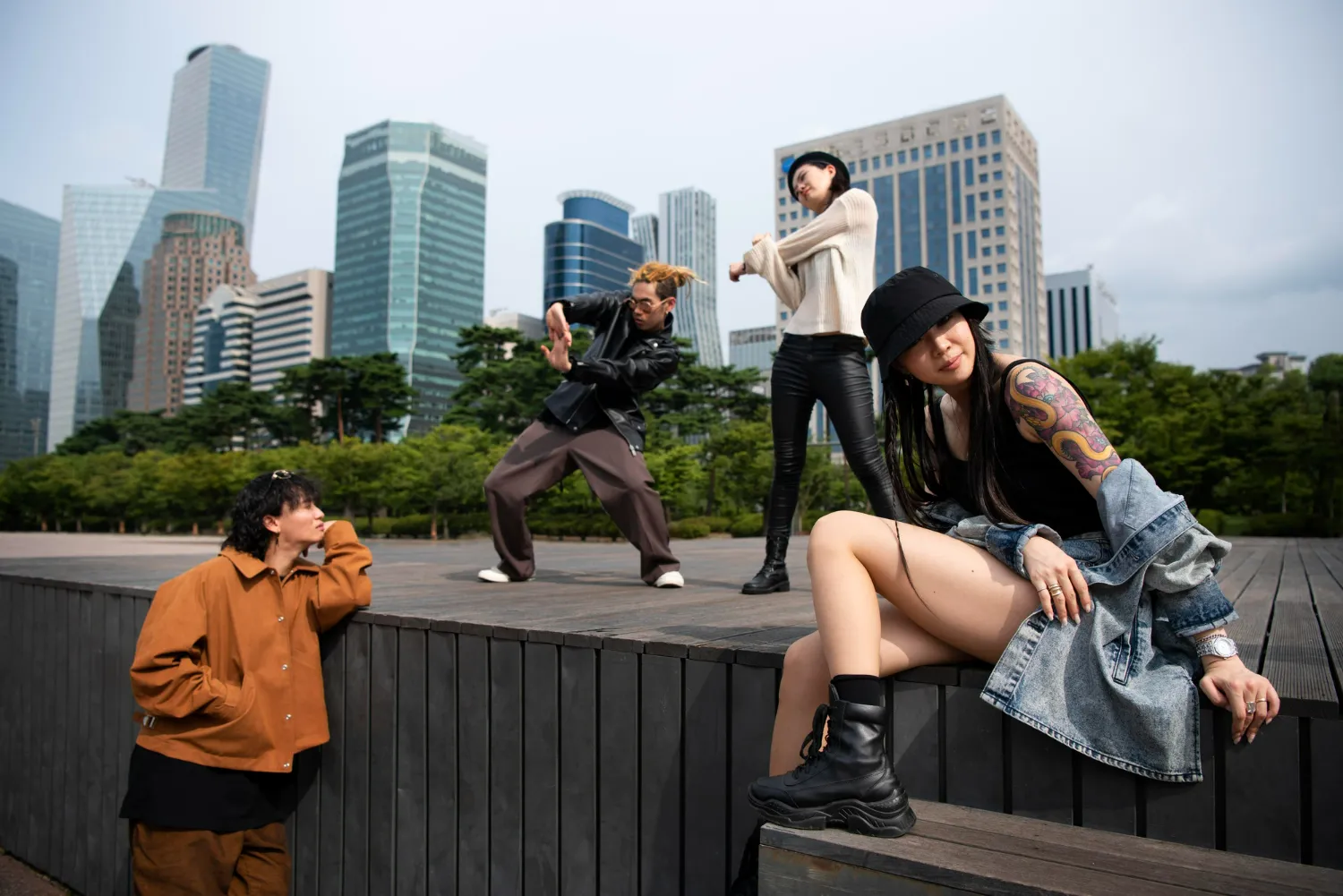
Lifestyles
Kalcer Style: The Bold Identity of Indonesian Streetwear
April 11, 2025
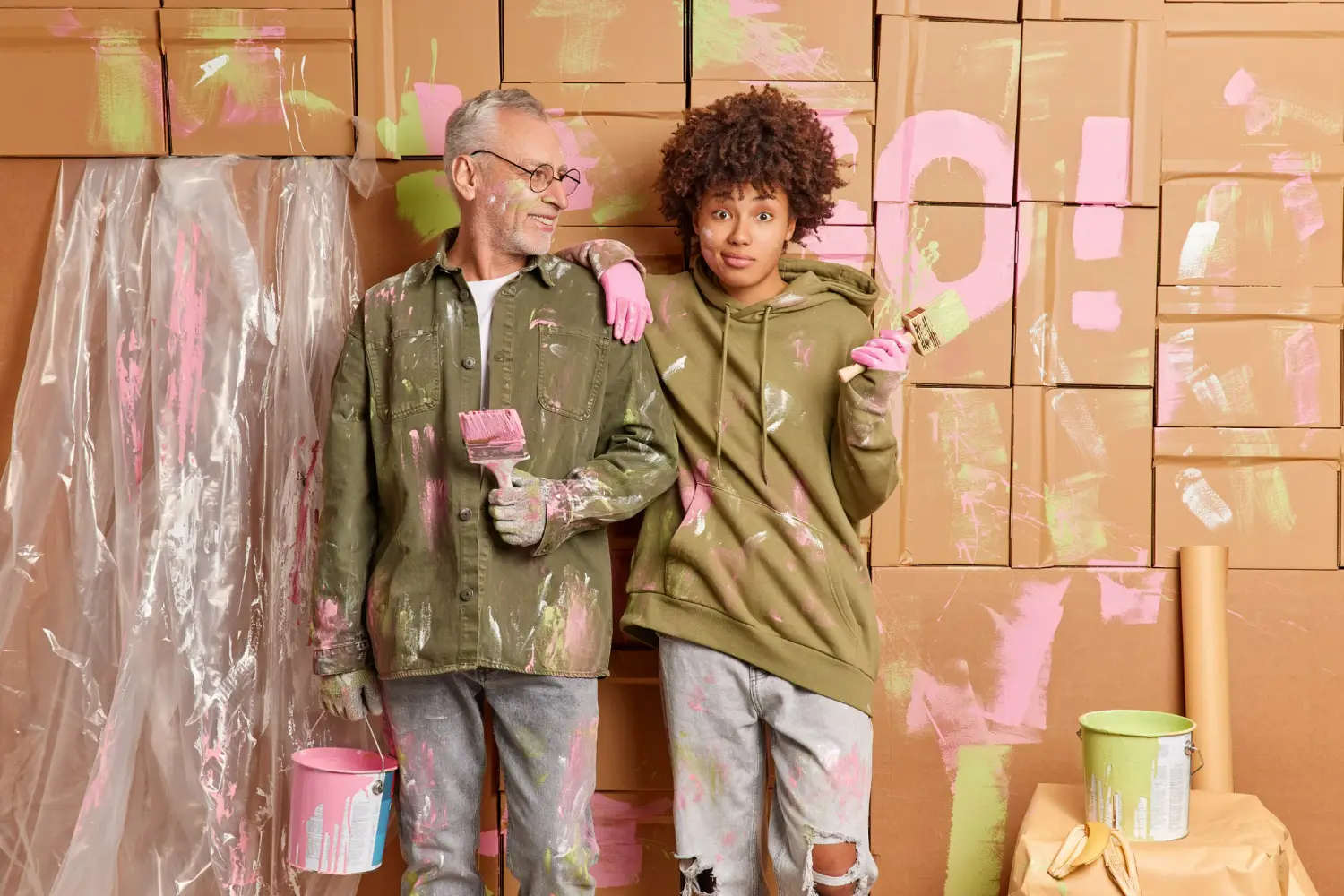
Lifestyles
DIY Streetwear: Personal Style Meets Creative Edge
July 05, 2025